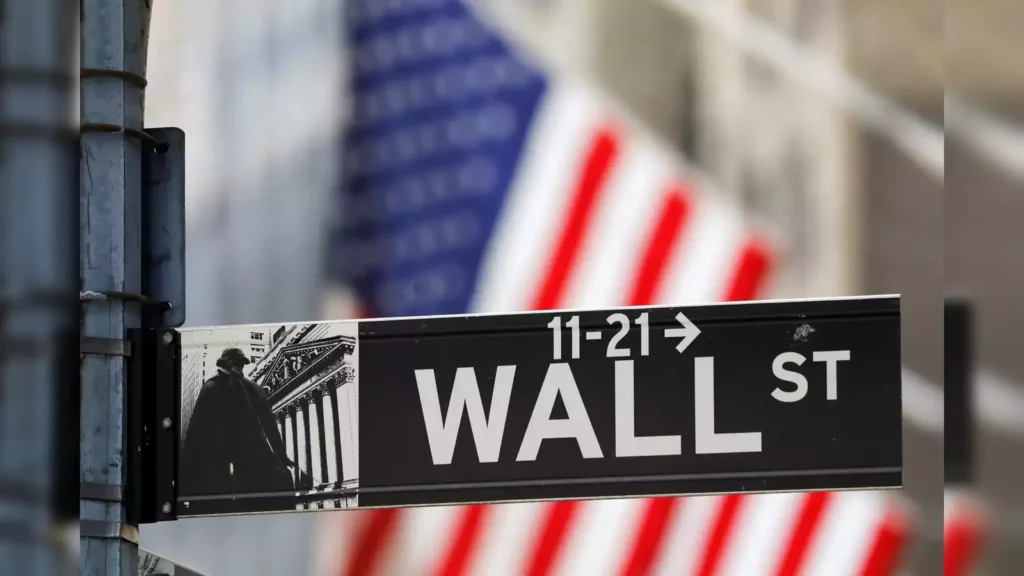The Fear and Greed Index, a measure of investor sentiment, is currently registering in “Fear” territory, reflecting a cautious mood among market participants. This follows a recent decline in US stock markets triggered by rising interest rate expectations.

The Fear and Greed Index, developed by CNN Business, aggregates data from seven market indicators to gauge investor sentiment on a scale from 0 (extreme fear) to 100 (extreme greed). A “Fear” reading suggests investors are worried and potentially pulling back from riskier assets like stocks.
This cautious sentiment coincides with a recent downturn in US stock markets. Rising interest rate expectations have put pressure on stock prices, particularly growth stocks that rely heavily on future earnings potential. Higher interest rates can make those future earnings less valuable compared to guaranteed bond returns.
Several factors are contributing to the rise in interest rate expectations. Stronger-than-anticipated economic data, such as robust US retail sales figures, suggest a resilient economy and potentially less need for the Federal Reserve to maintain accommodative monetary policies. Additionally, comments from Federal Reserve officials hinting at continued restrictive policies to combat inflation have further fueled these expectations.
The market’s reaction reflects a fear that the Federal Reserve’s tightening measures could stifle economic growth or even lead to a recession.
This, in turn, could dampen corporate profits and negatively impact stock prices.
Investors are now closely watching upcoming comments from Federal Reserve officials, notably Chair Jerome Powell, for further clues on the future trajectory of interest rates. Their decisions will significantly influence investor sentiment and market movements in the coming months.









